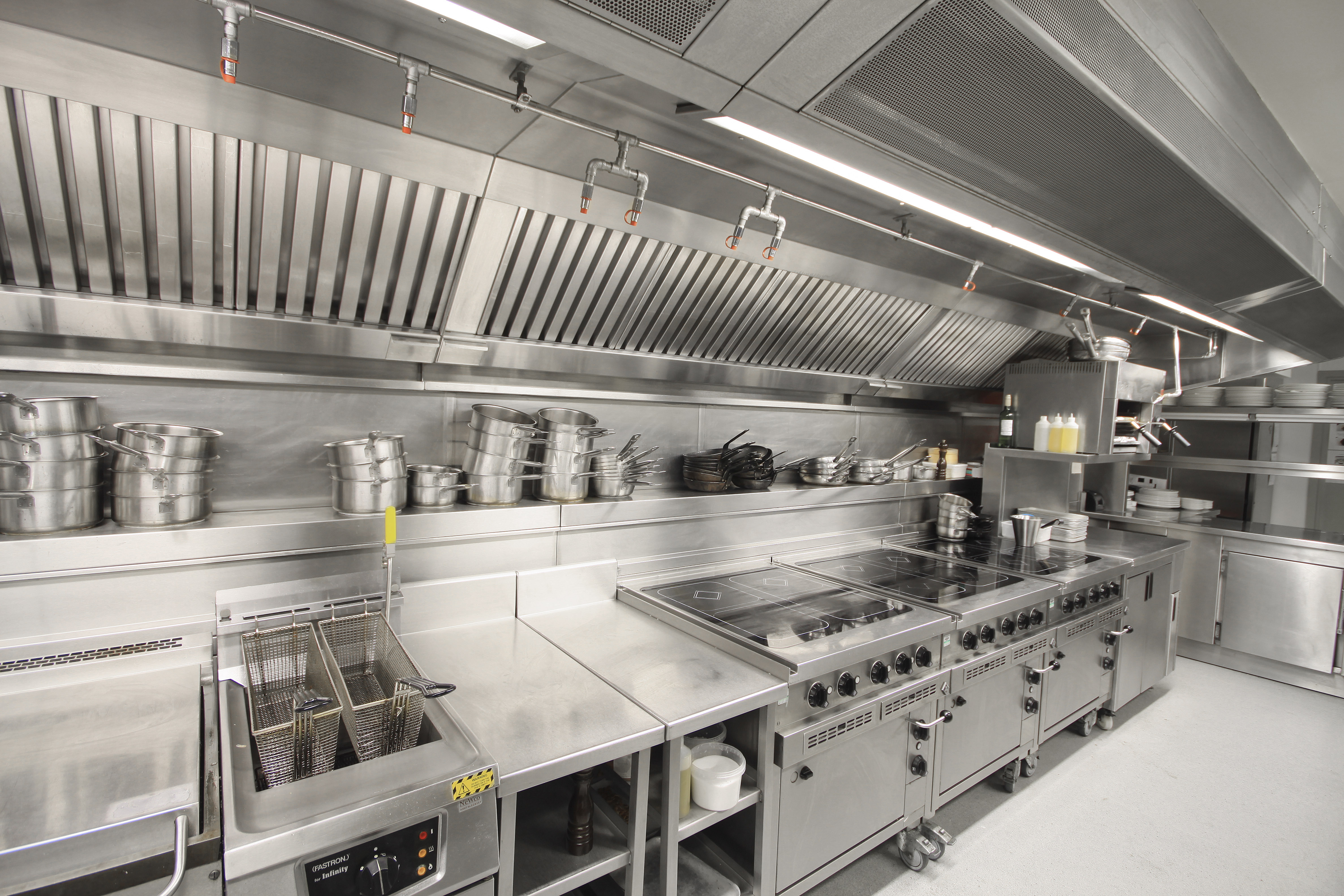Bankruptcy is a legal proceeding initiated when a person or business is unable to pay back its outstanding debt or other...
Bankruptcy is a legal proceeding initiated when a person or business is unable to pay back its outstanding debt or other obligations. The most common and widely used types of bankruptcies are Chapter 11 and Chapter 7. Chapter 11 bankruptcy is when a business tries to work with its creditors to reorganize its debt. The goal is that with the reorganized debt structure that the business can move forward. Chapter 7 bankruptcy is when a business is going into a liquidation mode. The business can voluntarily go into Chapter 7 or consumer creditors can force this issue. In Chapter 7, a court appointed trustee is appointed to help with the sale of the various assets of the business.
In most retail businesses, there are going to be two main asset types that they are working to sell. Assuming the retailer does not own the property or the buildings, the most value typically resides in the merchandise that is left at the time of filing for bankruptcy. The other asset that most retailers have is their non-merchandise assets. These can be furniture, fixtures and equipment (FF&E), vehicle fleet, Distribution Center, material handling equipment and their intellectual property.
When retailers and bankruptcy trustees are looking to make the best decision on the liquidations, there are a number of factors that need to be taken into account. These factors include how to get the best return on investment (ROI) for the shareholders. One of the most critical decisions that need to be made, is whether you should have a one shop fits all merchandise liquidator or whether you should consider breaking the liquidation up between a merchandise liquidator and a true fixture liquidation company.
There are many of the larger merchandise liquidation companies to choose from. They all have their unique selling points. Most of them have various divisions that can offer to assist the retailer or the court appointed trustee, with their tasks. Some examples of these divisions may include; the merchandise, wholesaling, industrial sales and store fixtures and equipment. However, the merchandise group is the engine that drives all of the various divisions. That is where all the merchandise liquidators are the experts. That is where they make most of their income.
When a commercial bankruptcy trustee decides on how to best sell the assets of a company, they need to decide how to get the best overall return for all of the assets and not just the merchandise. This is where specialized liquidators and auction companies add much more additional value. The proof is obvious today. Bed Bath and Beyond locations are all over the country. The merchandise group that sold the merchandise did a very half hearted job of selling the fixtures. Most of these stores have had the store fixtures vacated back to the landlords because they were not sold as part of the liquidation. This quite literally left millions of dollars of assets unsold and the value will never make it back to the shareholders of BB&B.
Why do the large merchandise companies not focus on selling the fixtures?
This is a great question. Having come from one of these types of companies I have a few answers. The first and most obvious point is that they do not understand store fixtures and equipment. The second, is that they typically do not care if they sell the equipment. The merchandise companies have their attorneys add a clause into their bankruptcy contracts stating that they have the right to abandon the fixtures to the landlords. They are typically not responsible for the removal costs. These costs typically get pushed down to someone else to deal with. The third point and the one that trustees do not understand is that the merchandise liquidators commissions are artificially low on the fixtures. They work for smaller commissions to sell these fixtures, offering the illusion that they are the better overall value. They can offer these commissions because they view the fixtures as the cherry on the whipped cream. They do not truly understand the value of the equipment. The liquidators simply have the merchandise liquidator place some price tags on the fixtures. However, that person is not typically at the store daily throughout the sale. Therefore, the price is the price. The end result is obvious. They do not sell many of the fixtures at a typical store.
Bed Bath and Beyond Case Study:
The once former home goods retailer had hundreds of locations close this year. These locations ranged in size however, most of them had a great amount of store shelving, shopping carts, safes, backroom shelving and material handling equipment. At nearly every location the FF&E was mostly abandoned and simply not sold. There was no pressure or financial incentive to sell the fixtures. Therefore most of them were left behind. Why should this matter? If you are a shareholder or a trustee in a commercial bankruptcy, your goal should be to get the best rate of return for all your assets. In this case, the merchandise liquidator left millions of dollars in value just sitting in the stores.
Pros of putting all the eggs in one basket:
- Easier
- Less paperwork for the trustee
- One point of contact for communications.
Cons of putting all the eggs in one basket:
- You are hiring someone to sell fixtures that do not understand the equipment they are selling.
- They will not actively work to market or sell the fixtures while the merchandise sale is happening.
- They will typically abandon and leave value at the store.
- As a direct result of the poor sales effort, the fixtures in many cases will simply be placed into a landfill.
Pros of bringing in a fixture and equipment expert to sell the FF&E:
- There will be more fixtures sold for more dollars.
- The separate marketing for the fixtures will increase the visibility for merchandise sales as well.
- The fixture manager on site will carry the liability insurance for the removal. Taking the liability for the removal of the fixture and equipment off the bankrupt company.
Cons of bringing in a fixture and equipment expert to sell the FF&E:
- There will be two points of contact. One for the merchandise and one for the fixed assets and other equipment.
- There will be two companies working side by side on the store to ensure both the fixtures and equipment are sold.
- The two companies working side by side may incur more costs.
If a company or a trustee wants to properly liquidate all the assets from a business, they will find it beneficial to hire an expert in what they are selling. Surplus Asset Management is the nation's premier expert in selling used Supermarket Equipment, Distribution Center Equipment, Material Handling and all other types of FF&E. With over 30 years in business helping others resale and professionally remove their store fixtures and pre-owned grocery equipment, we have the knowledge to help partner with retailers, shareholders and bankruptcy trustees to determine the best way for them to sell their equipment. Our key management team has over 80 years experience selling used store fixtures and managing the closing process. Our top in class marketing team knows how to best utilize our top in class buyer database to obtain the best sales return for your equipment. Our operations team will work tirelessly to keep the costs as low as possible for labor, rental equipment, dumpsters and more. Our in-house sales team supports both our on site auctions and our on-site liquidations. SAM never uses a “set it and forget it” approach to selling your fixed assets and managing the cleanout process. If you would like to learn more about SAM Auctions and how we can partner with you to determine the best way to sell your used grocery equipment or store fixtures, visit our website at https://samauctions.com/why-sam and also https://samauctions.com/resources-video-library-v1.
If you would like to talk with one of our team of auction/liquidation professionals, please reach out today!
Recent Posts
Commercial refrigeration equipment represents one...
The phrase "New Year, New Me" is commonly used to...
This Holiday Season, Unwrap the Savings and...
Posts by Tag
- Surplus Asset Management (5)
- Corporate Sustainability (4)
- Equipment Sales (4)
- Grocery Store Auctions (4)
- Auction Options (3)
- Removals (3)
- Used Grocery Equipment (3)
- Restaurant Equipment (2)
- POS systems (1)
- Refrigeration Equipment (1)
- Sustainability (1)
- Used Restaurant Equipment (1)
- auctions (1)
Popular Posts
In this current economic climate it’s not...
Whether you’re looking to start a restaurant...
The push for every industry to “go green” is not...






.png)